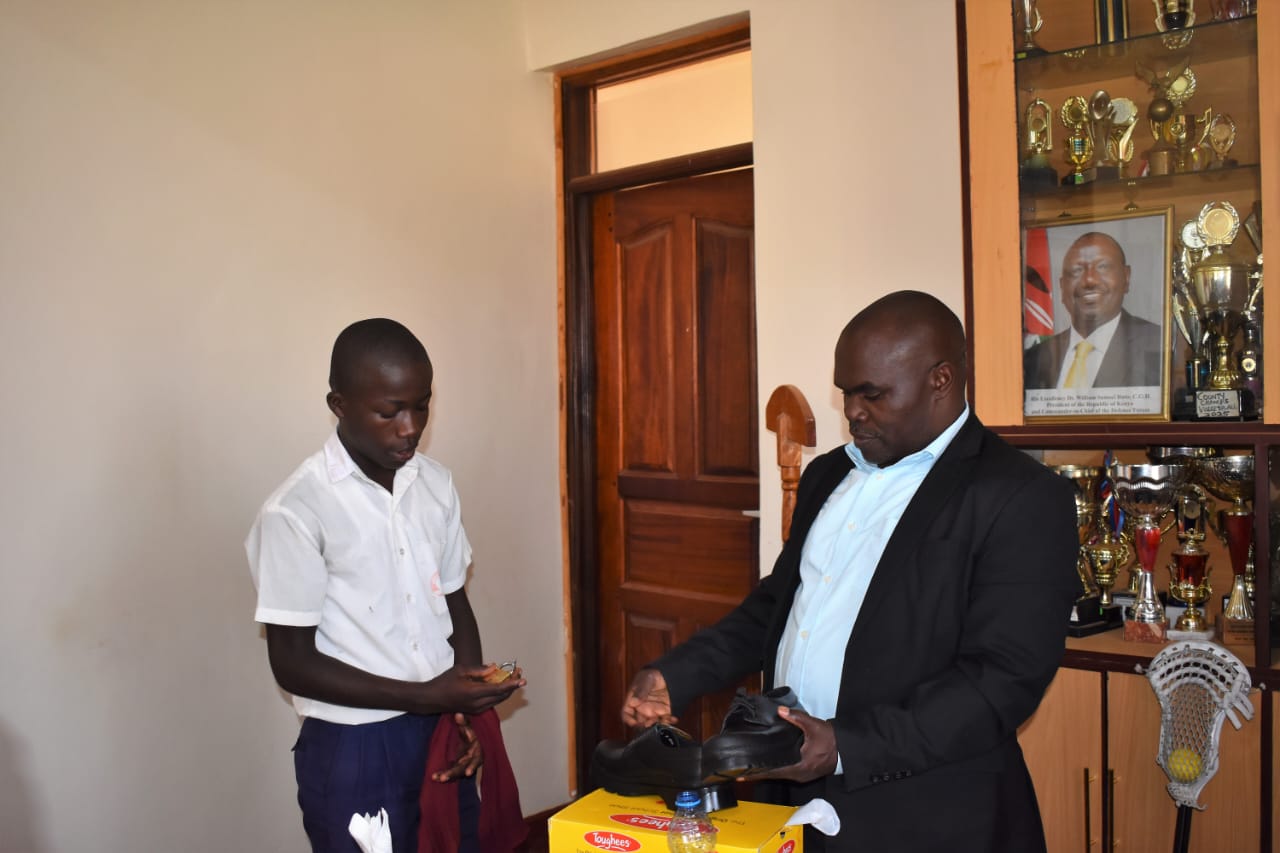Makueni County Teachers Service Commission (TSC) Director, Grace Mwangi has stated that the commission has made tremendous milestones over the last decade to better serve both its employees and the learners.
The Director was speaking to Makueni County secondary school heads during this year’s Kenya Secondary School Heads Association (KESSHA) conference in Mombasa this week.
The commission, she said, has revised all its legal documents including TSC Act of 2012, the Code of Regulation for the teachers 2015 and the Code of Conduct and Ethics of which it gave each of the public institutions two copies for reference and guidelines.
Transfer of teachers, which initially was done through the transfer box, Grace said, was now being done digitally making the process seamless and time effective.
Remuneration of teachers, she added, was no longer the function of TSC but of the Salary and Remuneration Commission (SRC).
The Director also hinted that for industry players to easily understand their roles and work towards provision of quality education to students, the commission went further to review both its Vision and Mission which presently state; ‘To be a transformative teaching service for quality education’ and ‘To professionalize the teaching service for quality education and development respectively’.
Decentralization of functions to the regional, county and sub-county levels was another achievement made by the teachers’ body over the last decade. Major functions decentralized she said included discipline functions, teachers’ recruitment and promotion of the teachers.
On discipline cases, she stated that some of the cases were being heard at the county level whereas some were still being listened to and determined at the TSC level.

Desertion of duties, chronic absenteeism and infamous conduct were cases heard and determined at the county level while cases of immoral behavior were heard at the county level but by officers from TSC headquarter.
When handling such cases, she advised the principals to invite TSC County HR because they are key when it comes to discipline issues as they will advise accordingly on how to about the cases.
“Most of the interdiction are done on the ground by the TSC officers,” she explained.
She further enlightened that sub-county directors interdicted teachers in the primary section but not the headteacher and that headteachers in primary schools were interdicted by the deputy county directors.
Secondary school teachers she said were interdicted by the Board of Management (BOM) and the principals signed the interdiction letters as secretary to the BOM and not the principal.
“Where a functioning BOM lacks, those cases are listened to by the county directors on behalf of the BOM through a request from the school.” She clarified.
Additionally, she said post primary teachers were also interdicted by the deputy county directors whereas principals were interdicted by the TSC county directors and their cases were heard at the TSC headquarters.
She further reiterated that secondary schools teachers employed by TSC should at all time offer quality education while being supervised by the lead educator who is the principal of that specific institution.
“When you receive form one students, you are required to transform them through quality education into young ladies and gentlemen ready to join universities.” She urged.
Grace Mwangi also reminded the principals that TSC operated under five core values which were professionalism, integrity, innovativeness, customer focus and team spirit.
By George Otieno
Get more stories from our website: Education News
You can also follow our social media pages on Twitter: Education News KE and Facebook: Education News Newspaper for timely updates.





